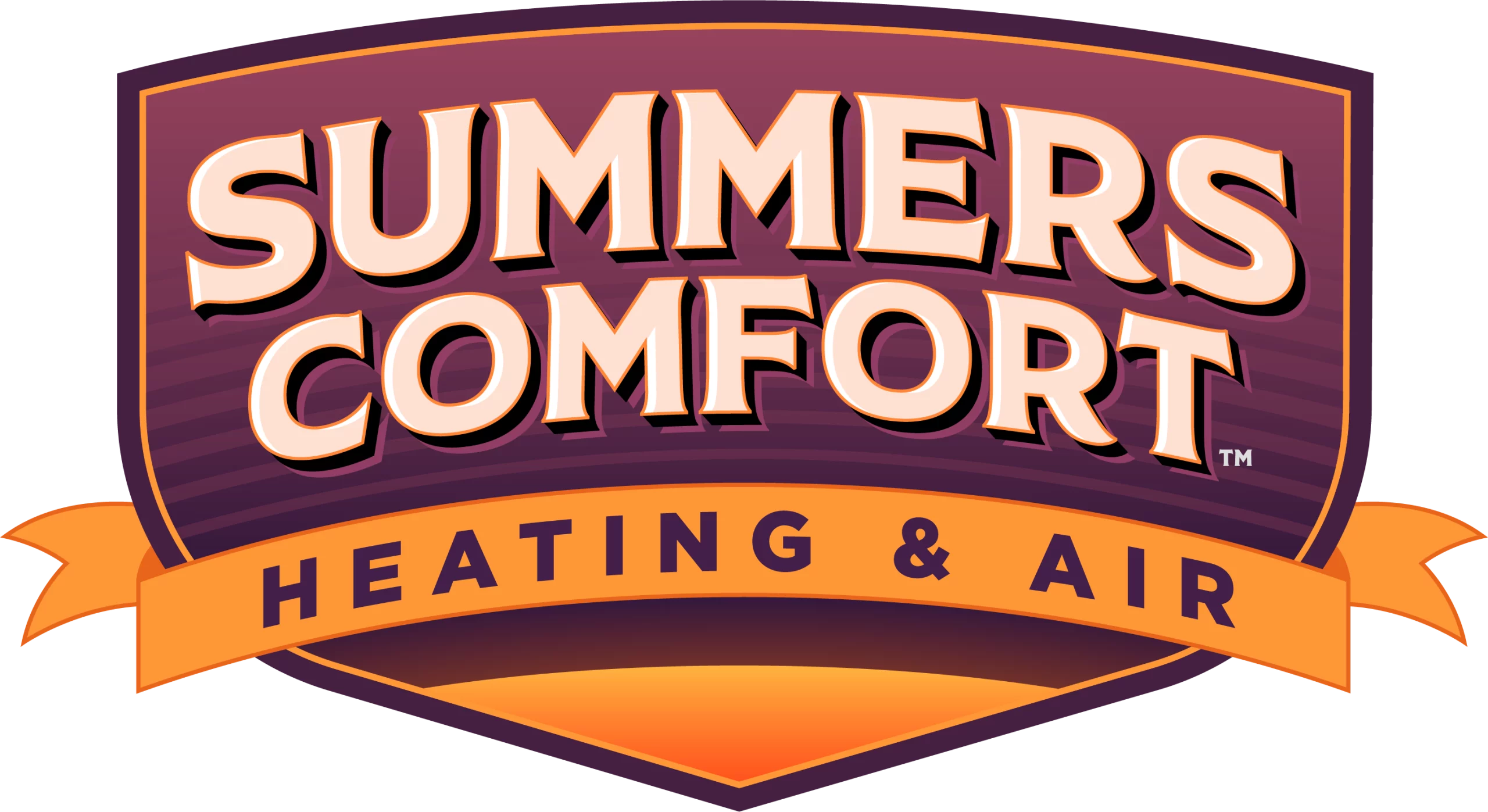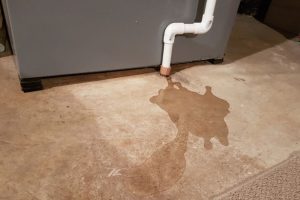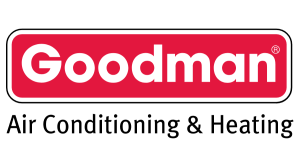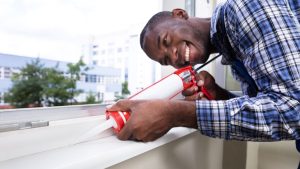How to control drip from my HVAC system
Drip Control Techniques for Your HVAC System
Water dripping from HVAC systems, while relaxing in the comfort of one’s home, can be fairly irritating, don’t you think? Summer heat can be harsh for the average Baton Rouge homeowner and that much is clear. Water should never pool, be it from the air conditioner unit or any other fixture, so to speak of. That said, it is typical that some condensate be formed on the appliances, however persistent and extreme dripping does warrant some attention. In any case, any persistent dripping for those who are uninitiated will only expose oneself to a plethora of troubles such as mildew, water leakage, or system failure. How does one deal with this? Worry not; the answer is quite simple.
As Summers Comfort Heating & Air has stated before, optimal maintenance of an HVAC system is essential for its proper functioning. If you ever wondered what the cause for the drips was and how to go about fixing it, bon appétit.
What Causes My HVAC to Leak Excessive Water?
The condensation of droplets in these units is due to water vapor evaporated from the air inside of every home in the swelter and humidity of summer the water vapor is an important component in the way, how air conditioning systems operate when there is a need. While cooling cycles are in practice, moisture builds up and wetness is generated on the evaporator coil which ultimately ends up in the condensate drain pan. Until now, so far so good! And just like that, if that water is unanswered to and it stays on or waits over the drainage pan, it is evident condensate will go beyond maintenance and operational bounds.
A few circumstances can explain this, such as:
- Clogged Drain Line: A common cause of HVAC system drips is a clogged condensate duct. Sometimes, dirt, dust, or other debris can clog the line, and when that happens, it can’t drain out.
- Dirty Air Filters: As air filters become blocked, the air volume through the filter gets limited, which may lead to the evaporator coil freezing. It is possible for water to drip in excess whenever the coil melts due to thawing.
- Cracked or Overflowed Drain Pan: If the drain pan is already cracked or full, it won’t be able to contain water properly, causing leaks.
- Low Refrigerant Levels: Low refrigerant allows the evaporator coil to freeze. After the process, drips of water can be the outcome.
- Improper Installation: Incorrect installation may not allow for the proper slope in the drain line, causing water to collect.
Methods of Stopping Water Leaks from the HVAC Systems
The below methods could reduce even entirely stop the dripping of water through the HVAC system:
1. Inspect the Air Filter
Dirty air filters limit airflow, making the system work harder and creating more water condensation. Check your air filter at least once a month during active cooling seasons. If it’s dirty, replace it with a fresh one. Clean filters help ensure proper airflow within the system, preventing water leakage.
2. Perform Maintenance on the Drain Line Regularly
HVAC systems have a condensate drain line that drains water accumulating from condensation, heat, and moisture. Over time, dirt, algae, or debris may block the drain line, requiring manual cleaning. If your system is dripping, unclogging the drain line might solve the problem. The best cleaning method is mixing water and bleach in equal amounts and flushing it inside the pipe.
Steps to clean the drain line:
- Turn off the HVAC system.
- Check the drain line, which is at the outdoor unit or around the air handler.
- Use a wet/dry vacuum to remove any visible debris or blockages.
- Use vinegar or diluted bleach with water to flush the line for deeper cleaning.
If you are unable to do this yourself, Summers Comfort Heating & Air is available to assist you.
3. Examine the Drain Pan
The drain pan also referred as a condenser pan, collects excessive water below the evaporator coil before draining through a hose or a pipe. With time, this pan may also corrode or develop cracks, which lead to leaks. Look for any cracks and abrasions on the pan. You will have to buy a new one if it is cracked. If it is dirty however, cleaning it will prevent futureBlockages.
4. Monitor the Amount of Refrigerant
When the amount of refrigerant is low, the evaporating coil of the system tends to freeze up and once this ice melts, it leads to dripping. It is best left to a qualified technician who has the ability to recharge the system as necessary. Summers Comfort Heating & Air can efficiently test and maintain your system’s refrigerant levels.
5. Make Sure the System is Installed Correctly
Drainage issues can be caused by incorrect installation of the HVAC system. A properly pitched drain line should be installed so that whatever water accumulates can easily find its way out. For those who suspect that their system is not properly installed, Summers Comfort Heating & Air can assess the issue and correct it to improve system performance.
Prevent Future Drips
To avoid HVAC drips in the future, regular maintenance is essential. Here are a few tips:
- Schedule Annual HVAC Maintenance: Annual inspections by professionals can prevent future leaks.
- Regularly Change Air Filters: Clean filters ensure better airflow and reduce system strain.
- Clean the Drain Line and Pan: Keeping these components clean will help prevent obstructions.
Conclusion
HVAC dripping should not be overlooked as it will cause more problems than the ones anticipated. As long as there is proper care and maintenance, such water leaks will be greatly minimised and performance of systems will almost always be optimal.
For any assistance in diagnosing or fixing HVAC drip issues, contact Summers Comfort Heating & Air in Baton Rouge. Call us today, and we’ll ensure your HVAC system is running smoothly and efficiently!




